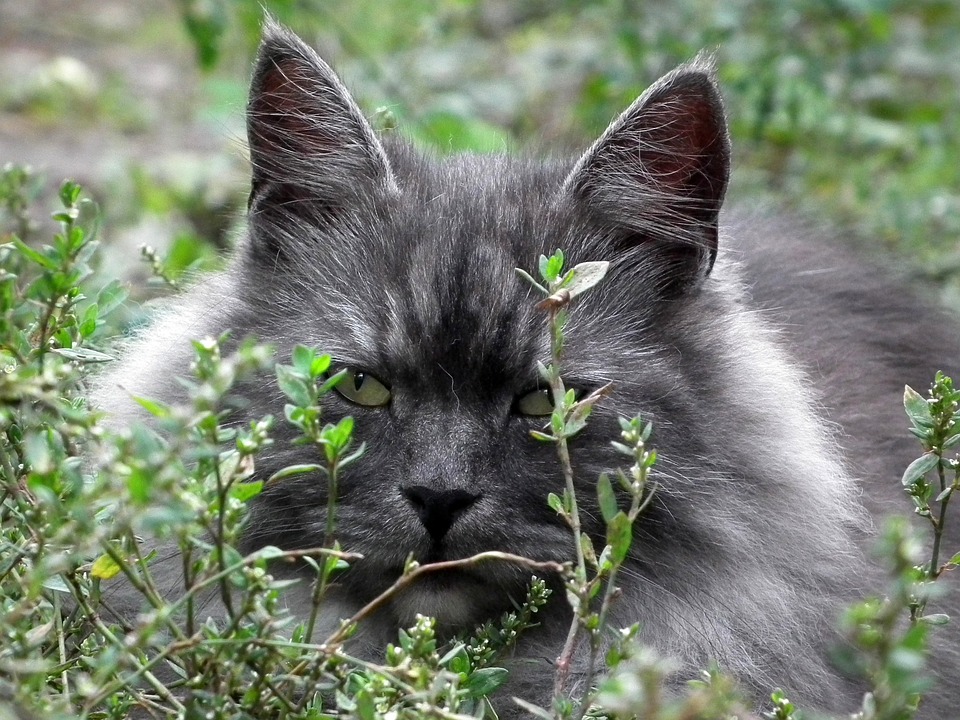**Heading: Understanding Kidney Disease in Cats: A Comprehensive Guide**
*Sub-heading: Recognizing the Signs and Taking Action*
Kidney disease is a common ailment among cats, particularly as they age. As a loving cat owner, it’s essential to be aware of the signs that may indicate kidney disease and take prompt action. In this article, we will discuss the symptoms, causes, and treatment options for kidney disease in cats. Additionally, we will address frequently asked questions to help you better understand this condition and provide the best possible care for your feline companion.
**Recognizing the Signs of Kidney Disease**
Cats are masters at hiding their discomfort, making it crucial for owners to be vigilant in spotting potential signs of kidney disease. Here are some common symptoms to look out for:
1. Increased thirst and urination: If your cat is drinking more water than usual or having frequent trips to the litter box, it can be an early indication of kidney disease.
2. Weight loss: Unexplained weight loss, despite a normal appetite, can suggest kidney problems.
3. Poor appetite and vomiting: Kidney disease can cause nausea and a lack of interest in food, leading to weight loss and occasional vomiting.
4. Lethargy and weakness: Cats with kidney disease often exhibit reduced energy levels, becoming less active and appearing weak.
5. Poor coat condition: A dull, unkempt coat or excessive shedding can be signs of an underlying health issue, including kidney problems.
6. Bad breath: Kidney disease can cause a buildup of waste products in the body, leading to foul-smelling breath.
7. Mouth ulcers and sores: Cats with kidney disease might develop oral ulcers or other mouth-related issues.
**Addressing Kidney Disease: Steps to Take**
If you suspect your cat may be suffering from kidney disease, it is crucial to consult a veterinarian for proper diagnosis and treatment. Here are some essential steps to address the condition:
1. Veterinary examination and diagnosis: A thorough examination, including blood and urine tests, will help determine if your cat has kidney disease and the stage of the condition.
2. Diet management: Your veterinarian may recommend a special kidney-friendly diet for your cat, which typically includes lower protein and phosphorus content. These diets can help ease the workload on the kidneys and slow down the progression of the disease.
3. Hydration and fluid therapy: Encouraging your cat to drink more water is vital to prevent dehydration. In some cases, your veterinarian may administer fluids subcutaneously to ensure proper hydration.
4. Medication and supplements: Depending on the severity of the disease, your cat may require medications to manage symptoms and address underlying issues. Kidney-supportive supplements, such as omega-3 fatty acids, may also be beneficial.
5. Regular check-ups: Routine visits to the veterinarian are essential to monitor your cat’s kidney function, adjust the treatment plan, and make any necessary changes.
**FAQs about Kidney Disease in Cats**
1. Can kidney disease be cured in cats?
Unfortunately, kidney disease is generally not curable. However, with proper treatment and management, its progression can be slowed down, allowing your cat to live a more comfortable life.
2. Can a cat recover from kidney failure?
While it is challenging for cats to recover from kidney failure completely, early detection and intervention can prolong their lifespan and improve their quality of life. Timely treatment can help manage symptoms and slow down the progression of the disease.
3. Are certain cat breeds more prone to kidney disease?
Some cat breeds, such as Persians and Siamese, have a higher predisposition to kidney disease. However, it is essential to remember that kidney disease can affect any cat, regardless of breed.
4. Can a cat with kidney disease still have a good appetite?
Cats with kidney disease may experience a reduced appetite or even refuse to eat. However, adjusting their diet to kidney-friendly options, along with medication if necessary, can help stimulate their appetite and ensure proper nutrition.
5. How can I prevent kidney disease in my cat?
While kidney disease cannot always be prevented, maintaining your cat’s overall health is crucial. Encourage proper hydration, provide a balanced diet, and schedule regular veterinary check-ups to detect any potential issues early on.
Remember, early detection and intervention are crucial in managing kidney disease in cats. By staying knowledgeable, observant, and proactive, you can provide your feline companion with the best possible care and support throughout their journey.








